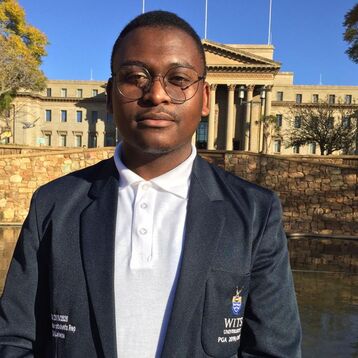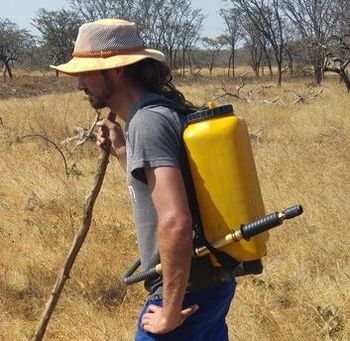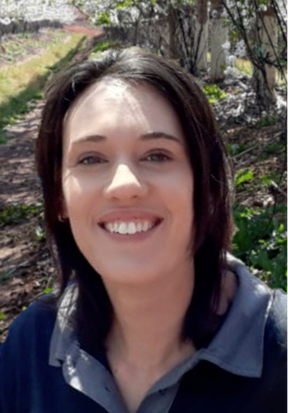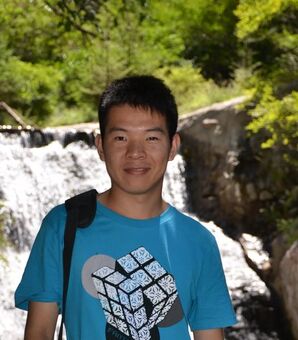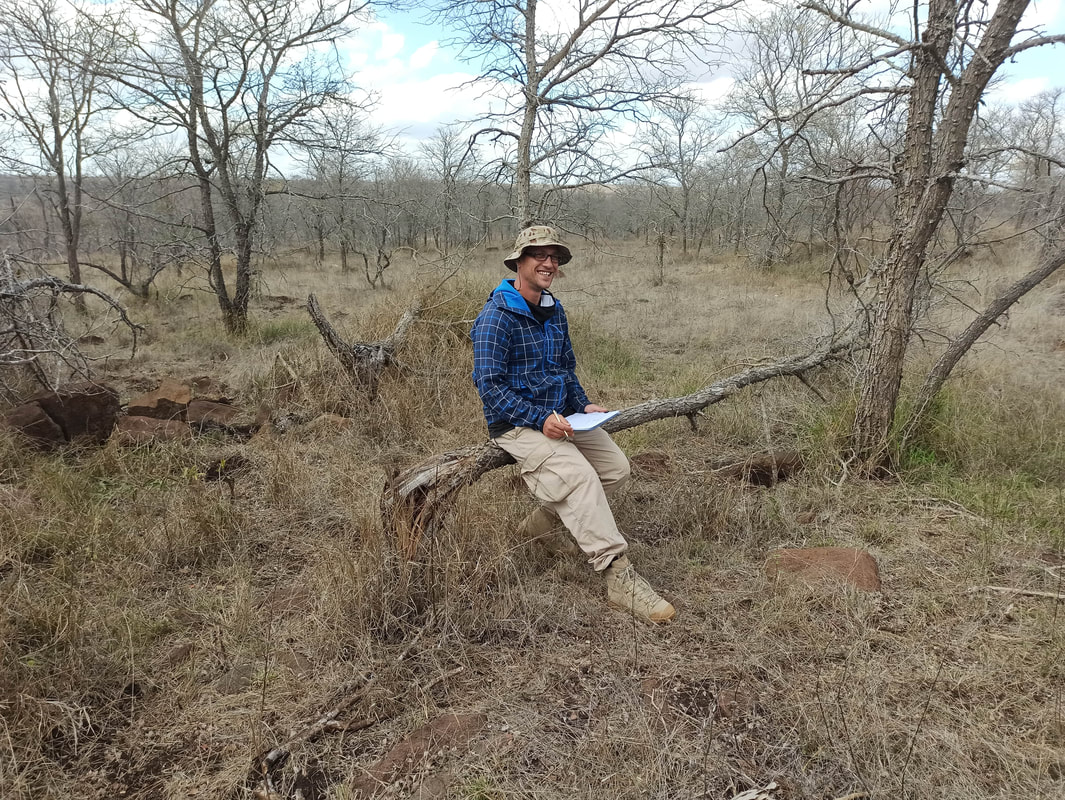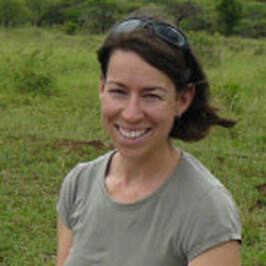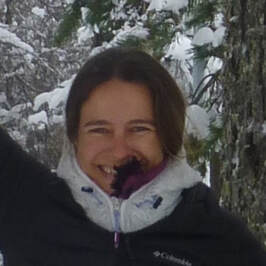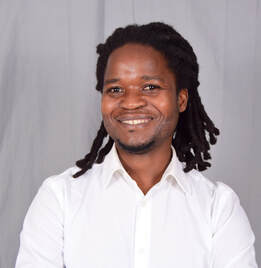Joseph White, PhD
I am a plant ecologist with a focus in spatial ecology and plant-animal interactions. My current research focuses on the spatial ecology of biodiversity and ecosystem services in grasslands and savannas and how these are impacted by global change phenomena, such as woody-plant encroachment. I have a background in plant-animal interactions and continue to pursue research to understand their fundamental life-histories and the consequences of disruptions due to global change. I am broadly interested in remote sensing and machine learning methods, allowing for the exploration of ecological patterns across multiple spatial and temporal scales.
I am a plant ecologist with a focus in spatial ecology and plant-animal interactions. My current research focuses on the spatial ecology of biodiversity and ecosystem services in grasslands and savannas and how these are impacted by global change phenomena, such as woody-plant encroachment. I have a background in plant-animal interactions and continue to pursue research to understand their fundamental life-histories and the consequences of disruptions due to global change. I am broadly interested in remote sensing and machine learning methods, allowing for the exploration of ecological patterns across multiple spatial and temporal scales.
PAST students
|
Evalt Lebese - Master of Science Candidate
I am currently doing my MSc under the supervision of Prof Bob Scholes and co-Supervision of Prof. Sally Archibald and my interest lies in the growth response of plants to rising temperatures and elevated Carbon Dioxide as a result of Global Change. It has recently been noted that the tree Leucosidea sericea is encroaching into formerly treeless high-altitude C4-dominated grasslands of the eastern escarpment; the expansion of high-altitude patches of the C3 grass Festuca costata has also been observed. Could these observations be explained to be due to rising CO2, rising temperature, both, or an interactive effect? To try to answer these questions, my MSc research is set out to test the effect of elevated CO2 and rising temperatures on Themeda triandra (C4 grass), Festuca costata (C3 grass) and Leucosidea sericea. |
postdoctoral fellows
|
Gareth Hempson
My research interests lie in understanding how large mammal herbivores and fire shape vegetation patterns, and vice versa. For my current postdoc in the Archibald Lab, I am collecting field data to understand how grass traits and life histories are distributed across broad environmental gradients in both burned and grazed landscapes. This will allow us to test ideas on how ecosystem drivers and potential ecosystem states vary across these gradients, how communities are assembled, and to delve into the evolutionary history of these ecosystems. This has important implications for managing fire and grazers in these grassy ecosystems, with consequences for food security, sustainability, biodiversity, tourism – and more! |
|
Monique Botha
I have a keen interest in the determinants of woody vegetation structure and function in savanna systems and the factors affecting grassland-savanna boundaries in South Africa. My work currently focuses on assessing the response of savanna and forest tree seedlings to fire, frost, herbivory and shading, which have been recognized as major limiting factors to tree seedling establishment and persistence in open grassy systems. |
|
Chao Wu
I am interested in fire modeling and how fire-induced biogeochemical cycles respond to climate change. I received my dual PhDs from Tsinghua University and University of Exeter where I studied wildfire dynamics and the impacts of fire on the global carbon cycle, vegetation distribution, and feedbacks to the climate system. Working with Sally and Carla Staver (Yale), I will use remote sensing and numerical simulation methods to improve global fire models, specifically in their representations of fire size and duration to better understand extreme fires. |
|
Anabelle Cardoso
I am interested in the ecology of savanna ecosystems, specifically in fire-vegetation interactions and the landscape-scale drivers of fire behaviour. I received my PhD from The University of Oxford where I studied how fire and forest elephants affect forest-savanna boundaries in a mosaicked landscape in Gabon in Central Africa. I am currently a postdoc in the Archibald lab, and jointly appointed by Yale University in the lab of Carla Staver. During my postdoc, I am working on modelling the processes determining fire size distributions, and specifically investigating the limitations to fire spread. |
|
Mathieu Millan
My research interests lie in understanding the mechanisms underlying plant growth forms and how they influence plants performance in different ecological contexts. I joined the Archibald Lab to work with Nicola Stevens (Oxford), Sally and Guy Midgley (Stellenbosch University) on landscape sterility and ontogenetic dead ends in the Lowveld region. My research focuses on the relationships between tree architecture, developmental stage and flowering ability in common savanna tree species. I’m trying to understand how high disturbance regimes (both in the past and present) influence tree saplings’ ontogeny and architecture and its consequences in terms of population dynamics. |
ADMINISTRATION assistant
|
Thando Twala
My research interests include ecological biogeography and ecophysiology of savanna and forest tree species. I am currently working towards my PhD with Dr Jolene Fisher and Dr Kelsey Glennon in order to investigate and highlight how environmental factors, dispersal and physiology influence the distribution of South African podocarps. This will enable us to understand how South African podocarps are able to persist in their current distribution and to predict how they will respond to climate change. In addition to my research, I am working with the Archibald lab as an administration assistant trying to make sure the lab runs smoothly. |
Happy Mangena
Amanuel Abraha
Amanuel Abraha
